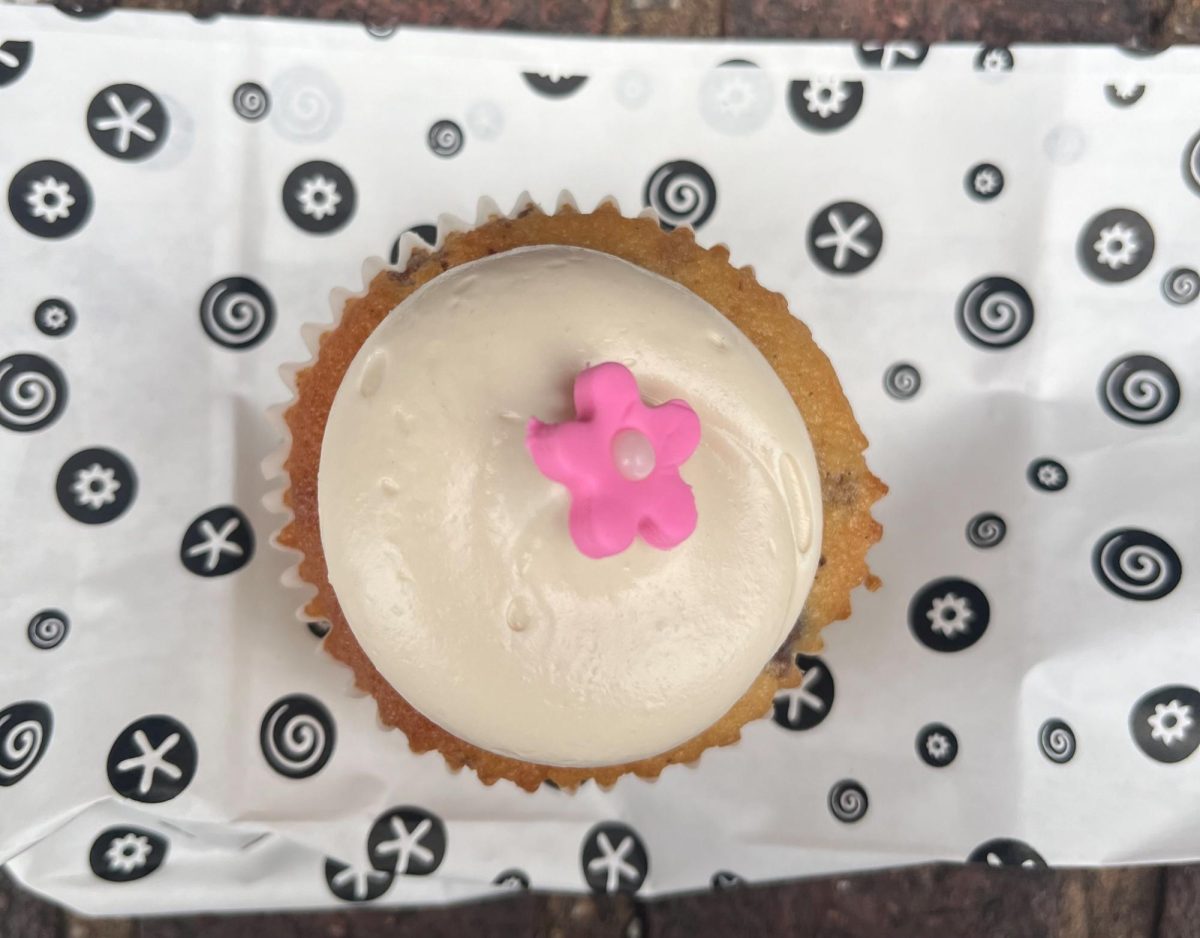Smartphone users have long been able to track the ups and downs of the stock market with the touch of a button.
And thanks to senior David Conway, they can now also keep tabs on their own highs and lows with a mobile mood ring – an app that allows users to register their emotions.
MyPsych, the new app Conway created with Brandon Cohn, a junior at Tufts University, allows users to log how they feel each day. Users can rate their moods on a scale of zero to 10 and create customized categories like hours of sleep, relationship status or academic performance.
Conway said the two students envisioned the app, which officially launched in late May, being used for monitoring stress levels and setting lifestyle goals. It graphs the user’s moods on his or her phone, showing daily trends about what exactly stresses people out.
“Really anyone can benefit,” Conway said. “Some people might want to use it to keep track of their exercise routines, some might want to keep track of study routines or some might want to keep track of their sleep schedule. We wanted it to be highly customizable but also clean and simple to use.”
When Conway began planning the app six months ago, he conceived MyPsych as a way to help the mentally ill who do not seek treatment.
Many of those cases begin in early adulthood, according to research reported in the Archives of General Psychiatry.
He said he also wanted to create something that could help those who do not seek treatment while also helping individuals who deal with everyday stressors.
“The app is not meant to be a diagnostic tool or anything like that. The app is about becoming more emotionally aware and setting positive goals for lifestyle improvement,” Conway said.
The creators plan to expand their product by creating a MyPsych web site and are also working on a journaling feature that would allow users to write entries every day.
Senior Amanda Uhme, co-president of GW Active Minds, a group dedicated to raising awareness about mental health, said the app is an innovative way to target the daily stressors that can affect people’s moods.
“We tend to take pride in our stress at GW, but feeling constantly stressed isn’t supposed to be the norm,” Uhme said. “It’s supposed to be something out of the ordinary.”
Cohn and Conway worked with about 20 professionals, including psychologists, psychiatrists and researchers, to ensure the app would serve its intended purpose.
User feedback is important, Cohn said, and the pair has already begun revising the app’s features based on reviews.
“We really want to keep pace with our users and make sure we’re providing a service that our users really want,” he said. “We feel like it’s really a ground-breaking type of approach to self help, and we think it can really benefit an expansive amount of people.”





